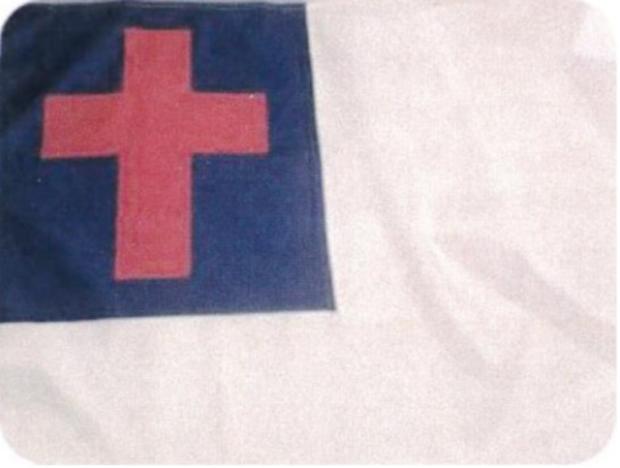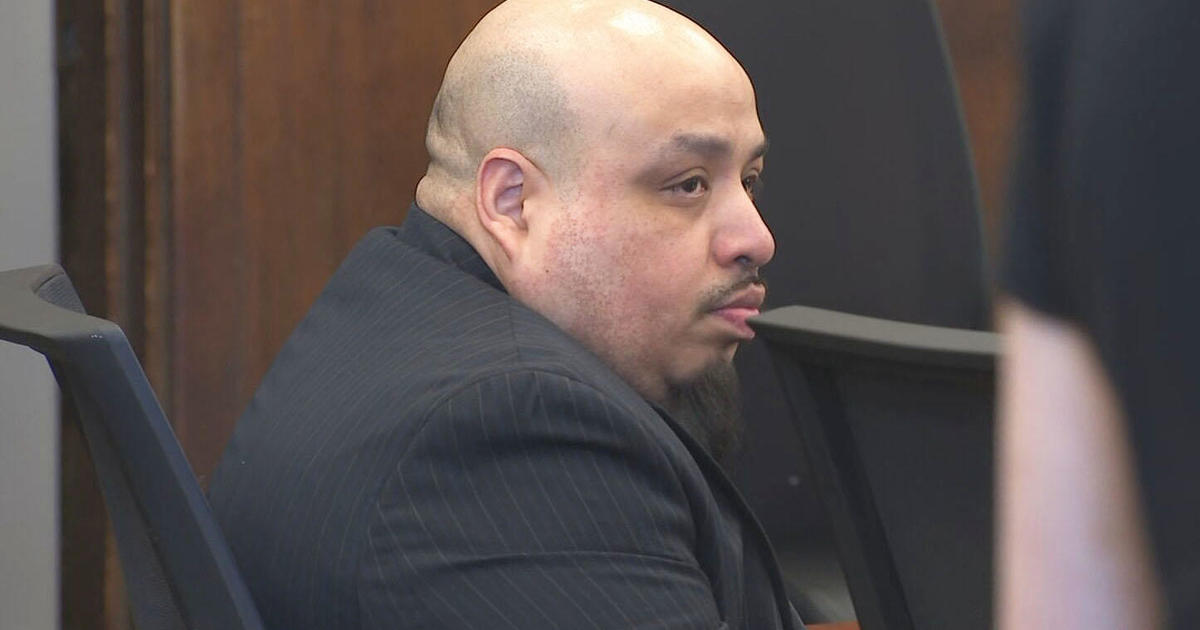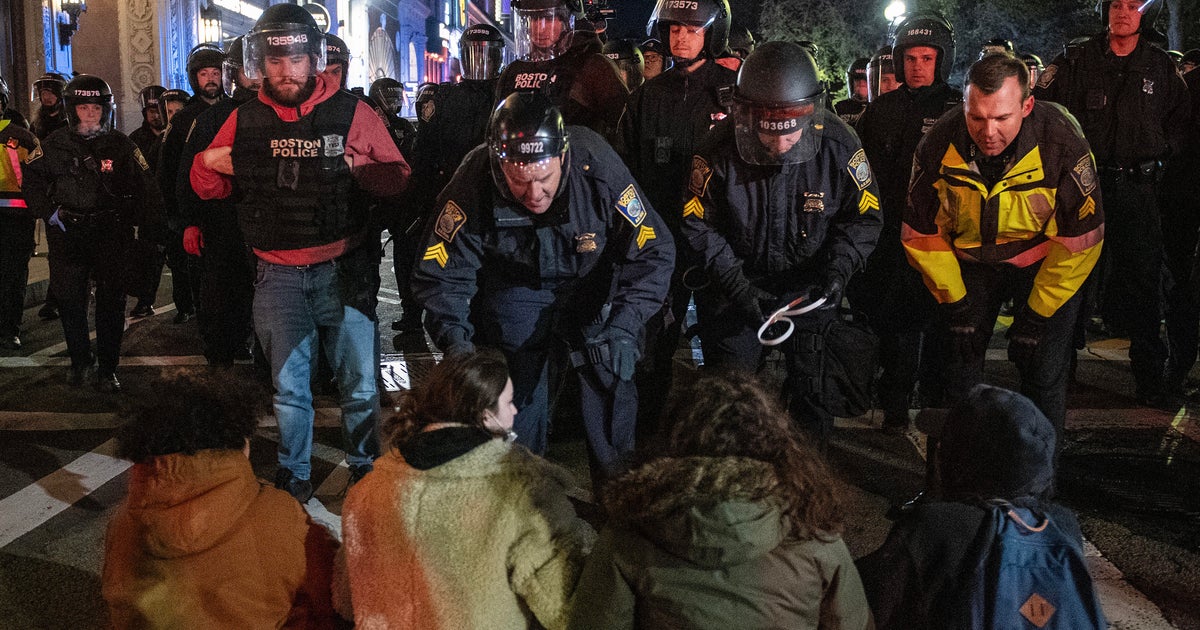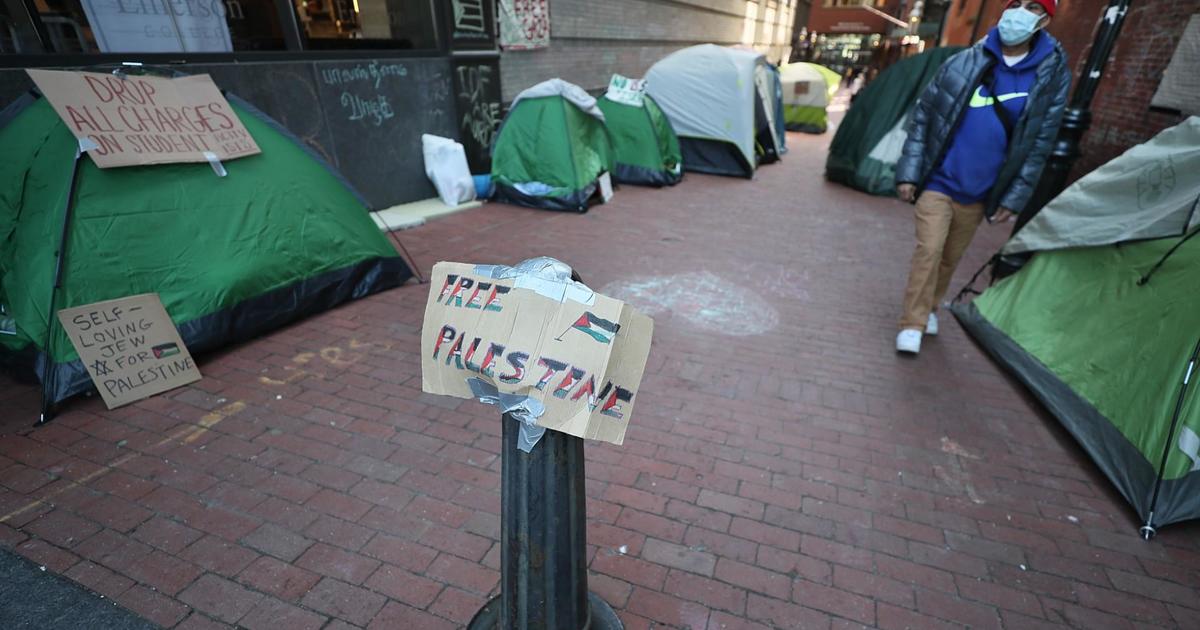Supreme Court Rules Boston 'Violated The Free Speech Clause' In Refusing To Fly Christian Flag
BOSTON (CBS/AP) -- The U.S. Supreme Court has ruled unanimously against the city of Boston in a "Christian flag" flying controversy outside City Hall.
Writing for the court, Justice Stephen Breyer said that Boston "violated the Free Speech Clause of the First Amendment" when it refused to fly a banner described as a Christian flag in 2017.
Arguments at the high court in January appeared to unite justices on the left and right in favor of Harold Shurtleff, a conservative activist. Shurtleff wanted to fly a white banner with a red cross on a blue background in the upper left corner, called the Christian flag.
"We conclude that, on balance, Boston did not make the raising and flying of private groups' flags a form of government speech," the ruling stated. "That means, in turn, that Boston's refusal to let Shurtleff and Camp Constitution raise their flag based on its religious viewpoint 'abridg[ed]' their 'freedom of speech.'"
There are three flagpoles outside City Hall that fly the U.S., Massachusetts and Boston flags. Occasionally, the city takes down its own pennant and temporarily hoists another flag.
Although Boston had approved 284 straight applications — most involving the flags of other nations — a city official turned away Shurtleff and his Camp Constitution because he said he wanted to fly the Christian flag.
"The First Amendment is pretty simple," Shurtleff told WBZ-TV. "There are five clauses in there and one of them says that Congress will not establish a religion nor deny the free exercise thereof. Nothing in there that you can't have a religious ceremony on public property and the city rents its schools to Christian groups, church groups, they actually have choirs that will sing on City Hall Plaza."
Since the lawsuit began, Boston has suspended the use of public flags. Shurtleff thinks they will never bring it back.
Breyer said the case hinged on whether the flag-flying is an act of the government, in which case Boston can do whatever it wants, or private parties like Shurtleff.
Breyer wrote that "the city's lack of meaningful involvement in the selection of flags or the crafting of their messages leads us to classify the flag raisings as private, not government, speech—though nothing prevents Boston from changing its policies going forward."
Boston has indicated it would change its policy if it loses the case to take more control of what flags can fly.
"We are carefully reviewing the Court's decision and its recognition of city governments' authority to operate similar programs," a spokesperson for the city said in a statement. "As we consider next steps, we will ensure that future City of Boston programs are aligned with this decision."
(© Copyright 2022 CBS Broadcasting Inc. All Rights Reserved. The Associated Press contributed to this report.)




